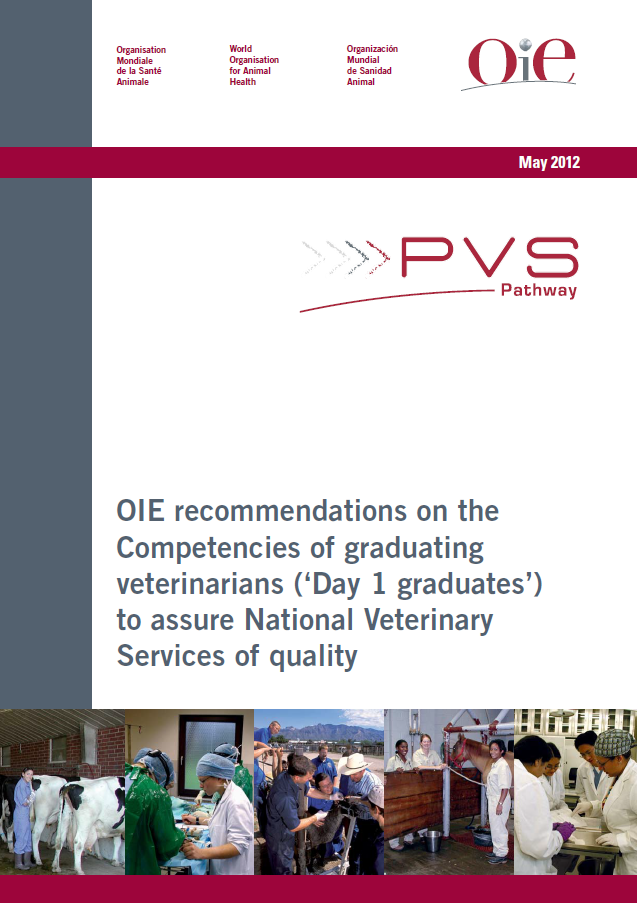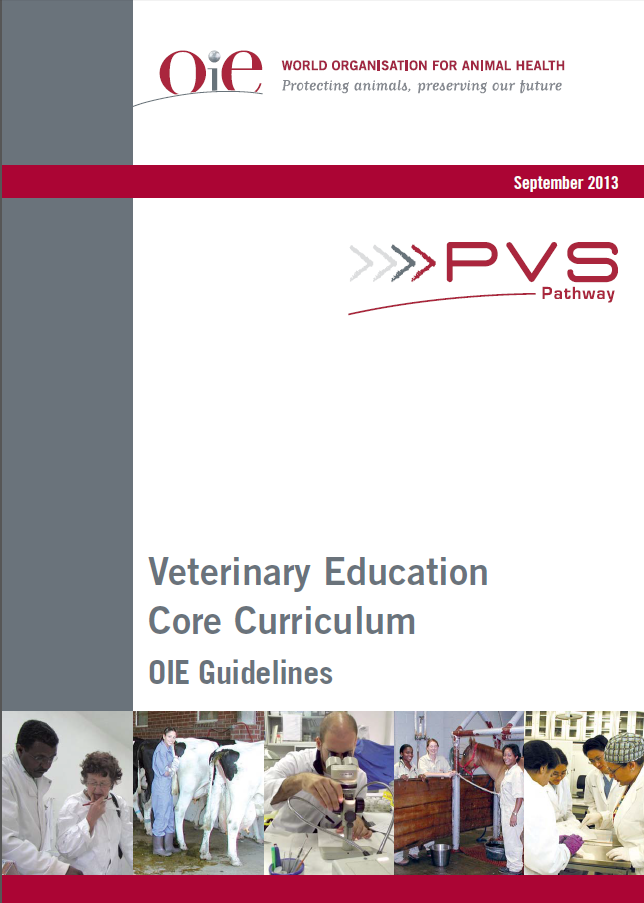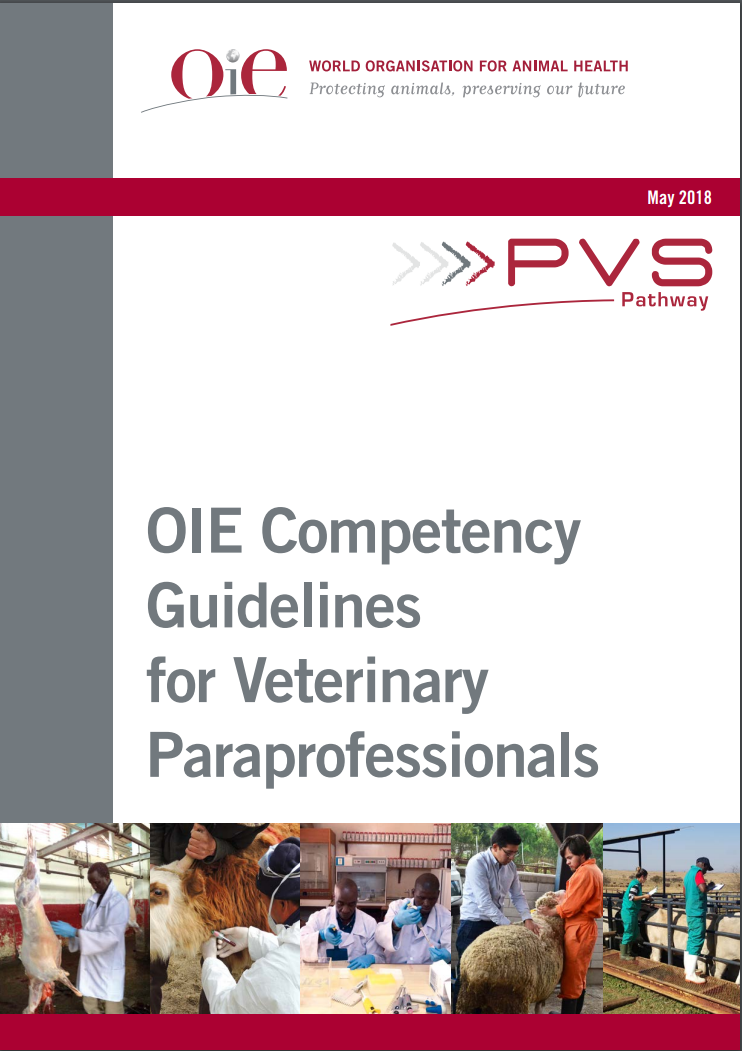Capacity Building and Education
Capacity building and Education
The World Organisation for Animal Health (WOAH) has developed several animal welfare programmes and tools for strengthening the capacity of Veterinary Services in its Members, principally as part of the PVS Pathway (Performance of Veterinary Services). In addition, training sessions for Delegates and national animal welfare Focal Points are organised on a regular basis.
To ensure that Veterinary Services continue to have personnel with the necessary knowledge on animal welfare, the WOAH emphasises the importance of including animal welfare in the curricula of veterinary students, veterinary paraprofessionals and students in agricultural training colleges.
Skills development in Members
The National Focal Points work under the supervision of the Delegate of their country. They are responsible for coordinating activities related to animal welfare and their role is to:
- Act as the intermediary between the national competent authority(ies), experts in the field and relevant national non-governmental organisations.
- Collect and transmit useful information to WOAH, to stakeholders in their own country and in the wider WOAH region, and to other national animal welfare focal points.
- Contribute to the implementation of the regional animal welfare strategy.
- Facilitate the implementation of standards and of animal welfare training.
Improved Animal Welfare Programme
The Improved Animal Welfare Programme (IAWP) was implemented between 2012 and 2016. More than 400 participants took part in ‘Train the Trainers’ workshops in Indonesia, the Philippines, Turkey, Vietnam, Thailand, Jordan, Oman, Iran, Korea (Rep. of) and Israel. Representatives from universities, industry and non-governmental organisations also attended, with the goal of facilitating future cooperation between the newly trained trainers on the one hand and veterinary education establishments and industry (mainly abattoirs) on the other. One of the outputs of the IAWP was a DVD on the welfare of cattle pre-slaughter and at slaughter, for use in abattoir training programmes.
More information: [email protected]
Click here to access the DVD on WOAH Improved Animal Welfare Programme
Animal welfare training for veterinary students and veterinary paraprofessionals
The veterinary profession has a leading role to play in animal welfare, but up to now, the topic has often been neglected in veterinary education. For this reason, it recommended that knowledge of animal welfare and animal behaviour should be amongst the minimum competencies expected of all veterinarians. With this in mind, and also with the aim of ensuring high-quality Veterinary Services, WOAH published guidelines on ‘Veterinary Education Core Curriculum’. This document, launched at the 81st General Session in 2013, is a companion to the ‘WOAH recommendations on the competencies of graduating veterinarians (‘Day 1 graduates’) to assure national Veterinary Services of quality’.
Veterinary paraprofessionals also play an important role in the provision of veterinary services, so WOAH has published guidelines in 2018.
The PVS Tool also includes assessments of staffing levels and staff competencies for veterinarians and veterinary paraprofessionals



